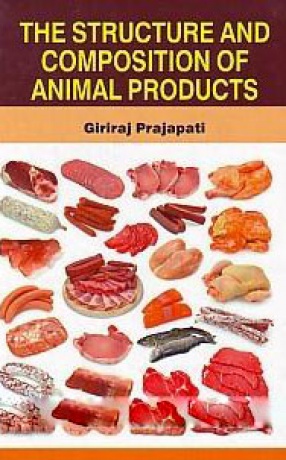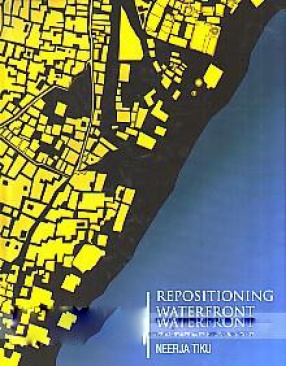Society, Agricultural Development and Transformation studies social change created through irrigation and resultant agricultural development in varying cultural contexts of Gulbarga, Raichur and Ludhiana. Canal irrigation and resultant agricultural growth in the traditional context of Raichur led to agricultural involution; while in the context of modernised beliefs and values, in Ludhiana it created a sustained process of development. Though per acre production was within a close range in both these areas, changes in the socio-technical organization of agricultural production in Ludhiana led to substantial increase in per worker production and income. These changes necessitated increased marketing activities for procuring agricultural inputs, selling agricultural outputs, and for meeting increased household consumption, and in the process strengthened rural-urban linkages. It (increased income) also led households to utilise less amount of man – and woman-power to generate incomes necessary to meet the basic consumption needs and to use the rest of their time for increased leisure, educational, and household activities. This led to increased differentiation in the roles of household members in Ludhiana and also fundamental change in the pattern of utilization of their time. The absence of such developmental changes in Raichur even in the context of canal irrigation and increased agricultural production, emphasised the need to create appropriate cultural condition also, along with the provision of relevant material facilities, for sustained agricultural development and it transforming the society.

Society, Agricultural Development and Transformation in India
In stock
Free & Quick Delivery Worldwide
reviews
Bibliographic information
Title
Society, Agricultural Development and Transformation in India
Author
Edition
1st. Ed.
Publisher
ISBN
8176580120
Length
viii+240p.
Subjects




There are no reviews yet.